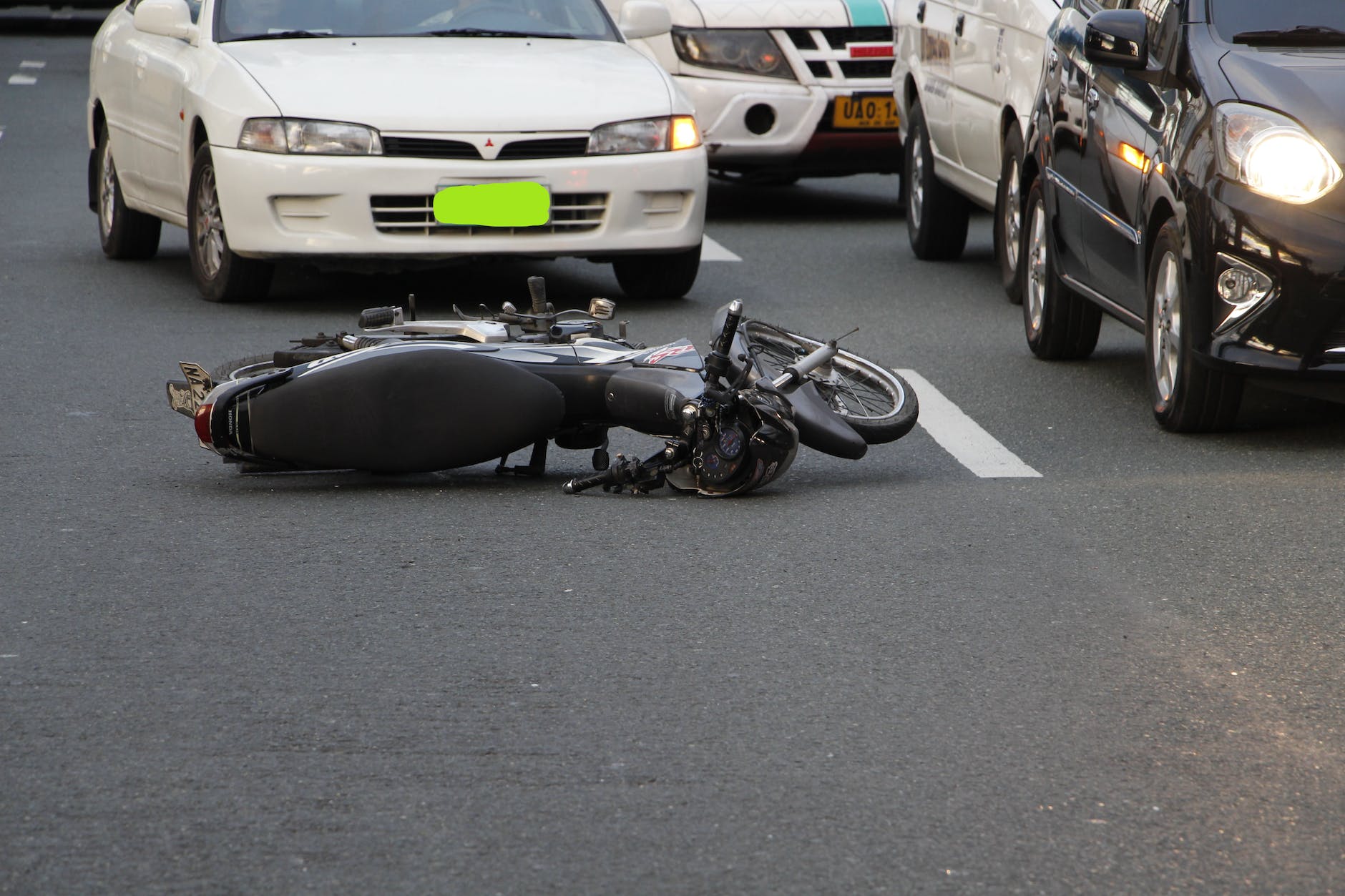
Motorcycle Accident
Picture this, the wind in your hair, the open road stretching out before you, and the freedom that comes with riding a motorcycle. It’s a thrilling experience, but no matter how cautious you are, accidents can happen. Remaining calm and avoiding frequent mistakes are essential in the chaotic aftermath of a motorbike accident. If you find yourself in such a situation, remember that seeking legal help for your motorcycle accident injuries is the first step towards reclaiming control.
Neglecting Medical Attention
The seriousness of injuries sustained in a motorcycle collision might be obscured in the immediate aftermath by shock and adrenaline. Many riders make the mistake of underestimating their condition and decide not to seek medical attention. This oversight can have serious consequences, as internal injuries or latent symptoms may surface later.
Even if you feel fine, it’s essential to undergo a thorough medical examination. Not only does this ensure your well-being, but it also establishes a crucial link between the accident and your injuries, strengthening any potential legal case that may arise.
Failing to Document the Scene
When chaos reigns after a motorcycle accident, it’s easy to overlook the importance of documenting the scene. However, gathering evidence at the accident site can be invaluable for legal proceedings later on. Take photos of the scene, your motorcycle, and any visible injuries. If there are witnesses, collect their contact information. These details can serve as crucial evidence when determining fault and liability.
Remember, memories can fade and details become blurred over time. By documenting the scene immediately, you’re arming yourself with a powerful tool to bolster your case. Legal help for your motorcycle accident injuries becomes more effective when supported by a comprehensive set of evidence.
Admitting Fault
Amidst the confusion and tension following a motorcycle accident, emotions can run high. It’s essential to keep a level head and avoid admitting fault prematurely. Even if you believe you might be partially responsible, assigning blame at the scene can complicate matters later on.
Legal proceedings can be complex, and the fault is not always black and white. Let the experts determine the specifics. Instead of accepting blame, focus on exchanging information with the other parties involved and cooperating with law enforcement.
Skipping the Police Report
Some riders mistakenly opt not to involve the police after a motorcycle accident, especially if the damages seem minor. However, a police report can be a crucial piece of evidence in legal proceedings. It provides an official account of the incident, detailing factors such as weather conditions, road markings, and witness statements.
Ensure that law enforcement is involved, and request a copy of the police report for your records. This documentation can significantly strengthen your case when seeking legal help for your motorcycle accident injuries. The more comprehensive and accurate the information available, the better your chances of a fair resolution.
Delaying Legal Assistance
Time is of the essence when it comes to seeking legal help for your motorcycle accident injuries. Delays can result in lost evidence, faded memories, and even legal complications due to the statute of limitations. As soon as you’ve received medical attention and documented the scene, consult with an experienced motorcycle accident attorney.
Legal professionals specializing in motorcycle accidents understand the intricacies of these cases. They can guide you through the process, advocate for your rights, and help you navigate the complex legal landscape. Proactive legal counsel can significantly impact the outcome of your case, so don’t wait until the last minute.
Wrapping Up
In the aftermath of a motorcycle accident, it’s essential to approach the situation with a clear mind and a strategic mindset. By avoiding these common mistakes, you’ll be better equipped to navigate the challenges that arise after a motorcycle accident, paving the way for a smoother recovery process.






